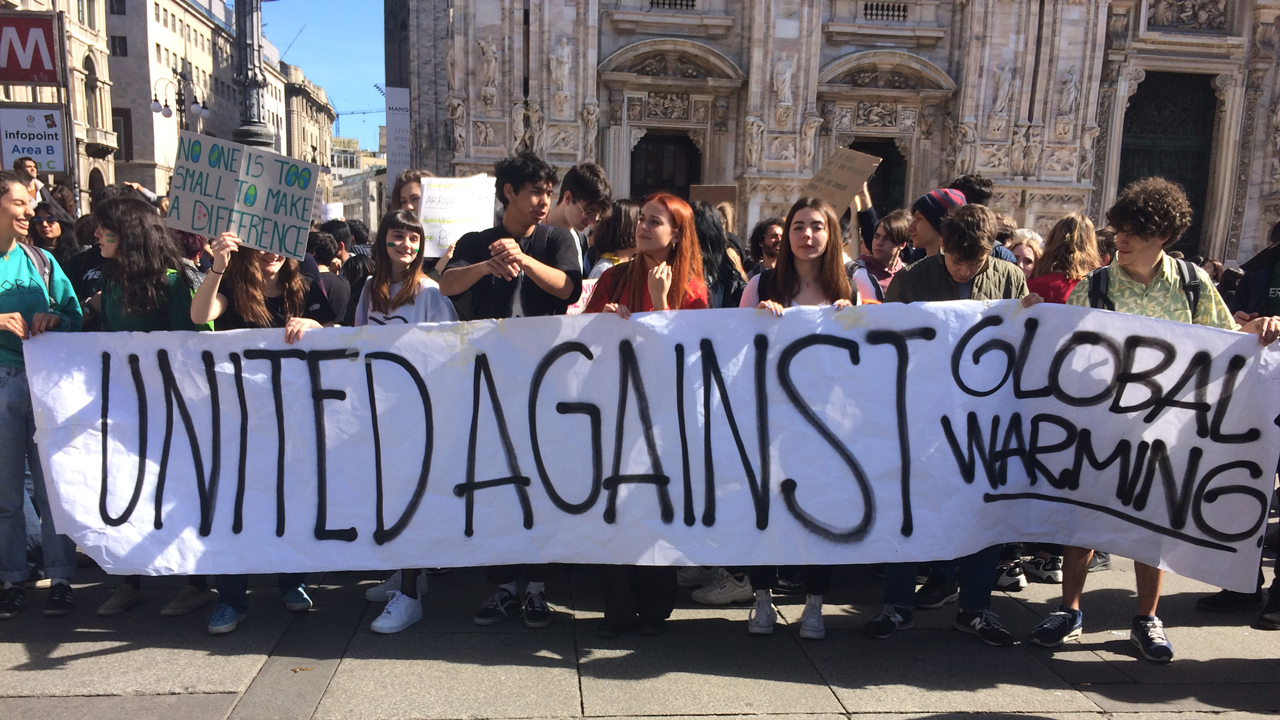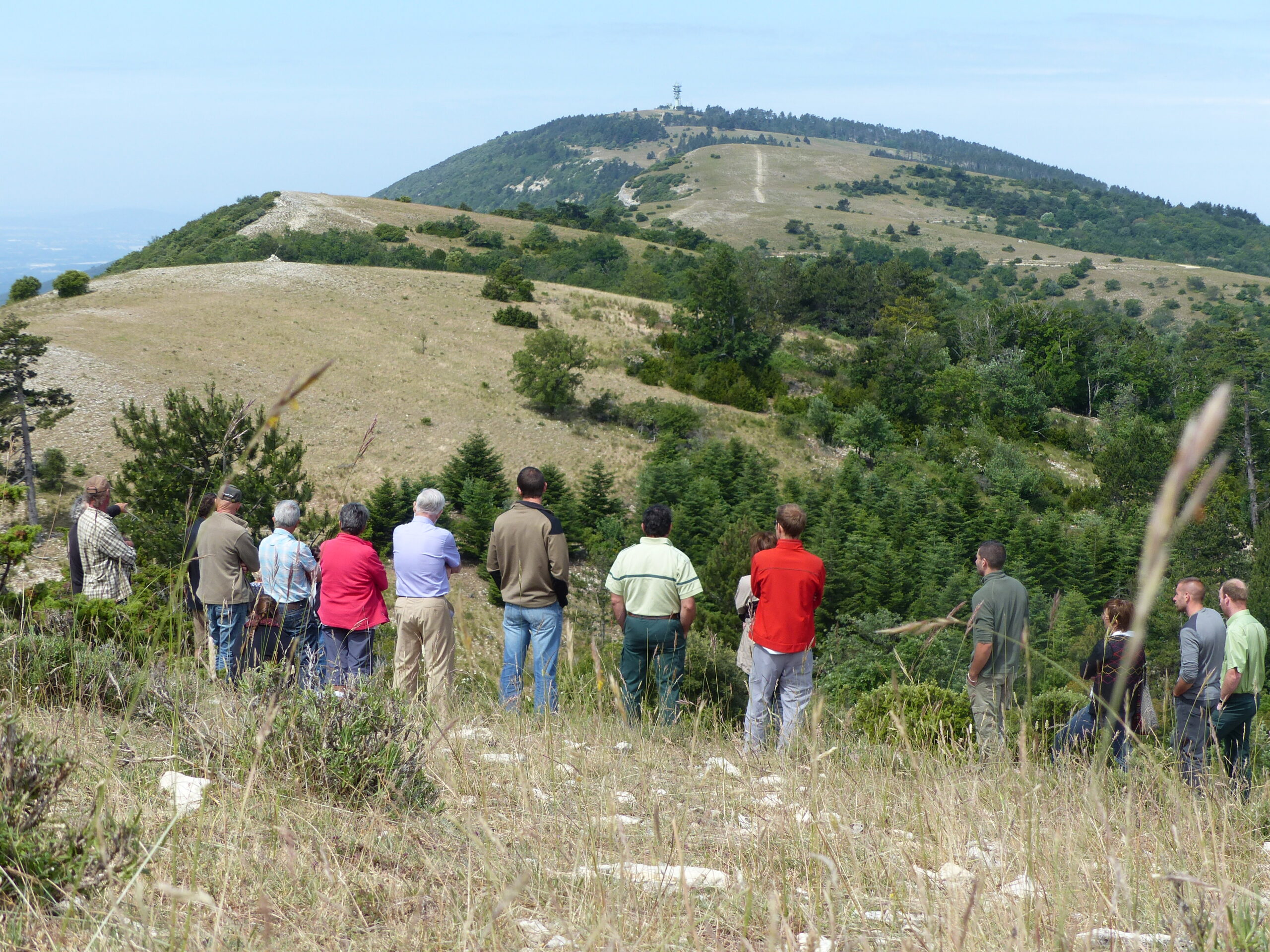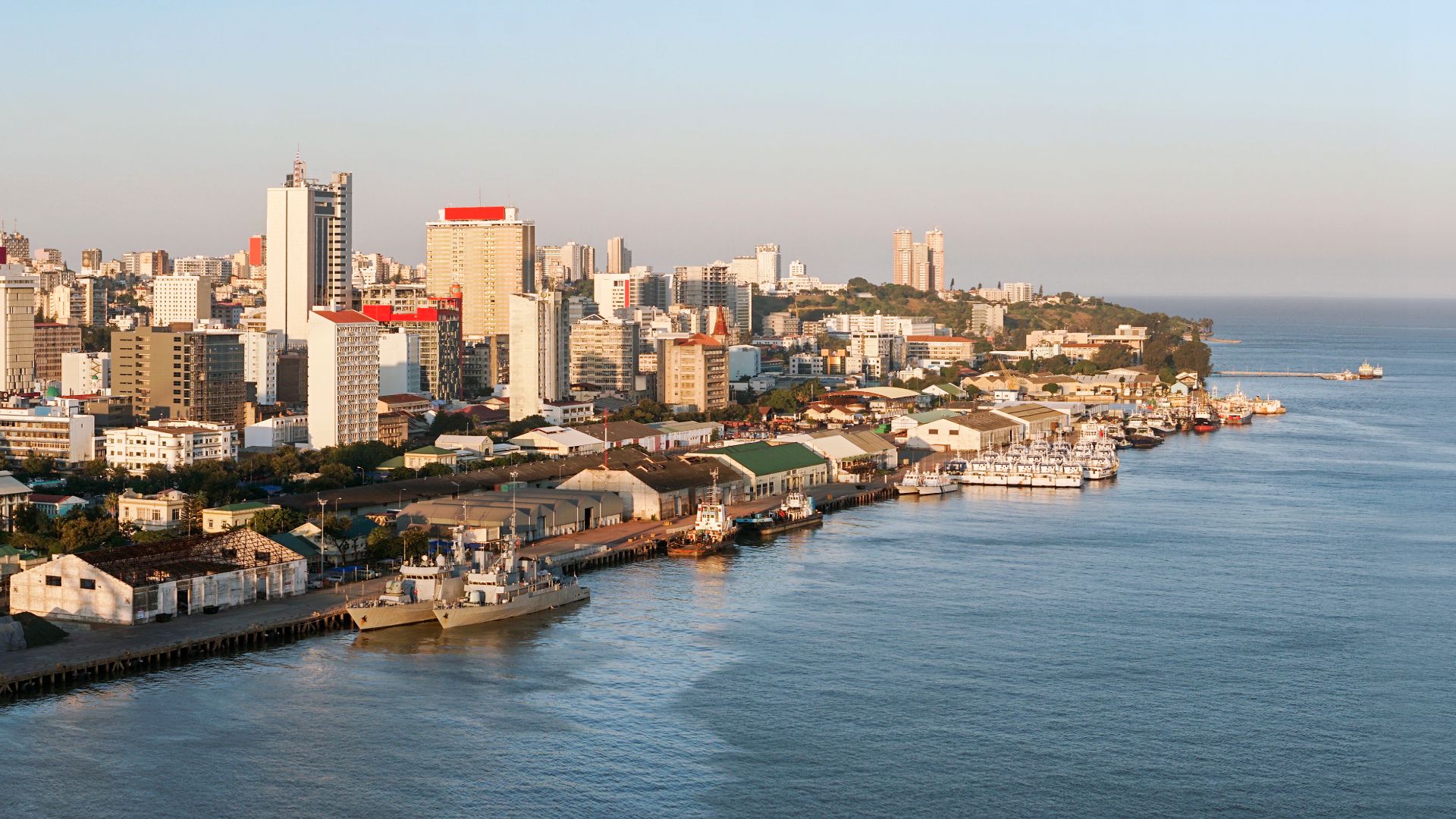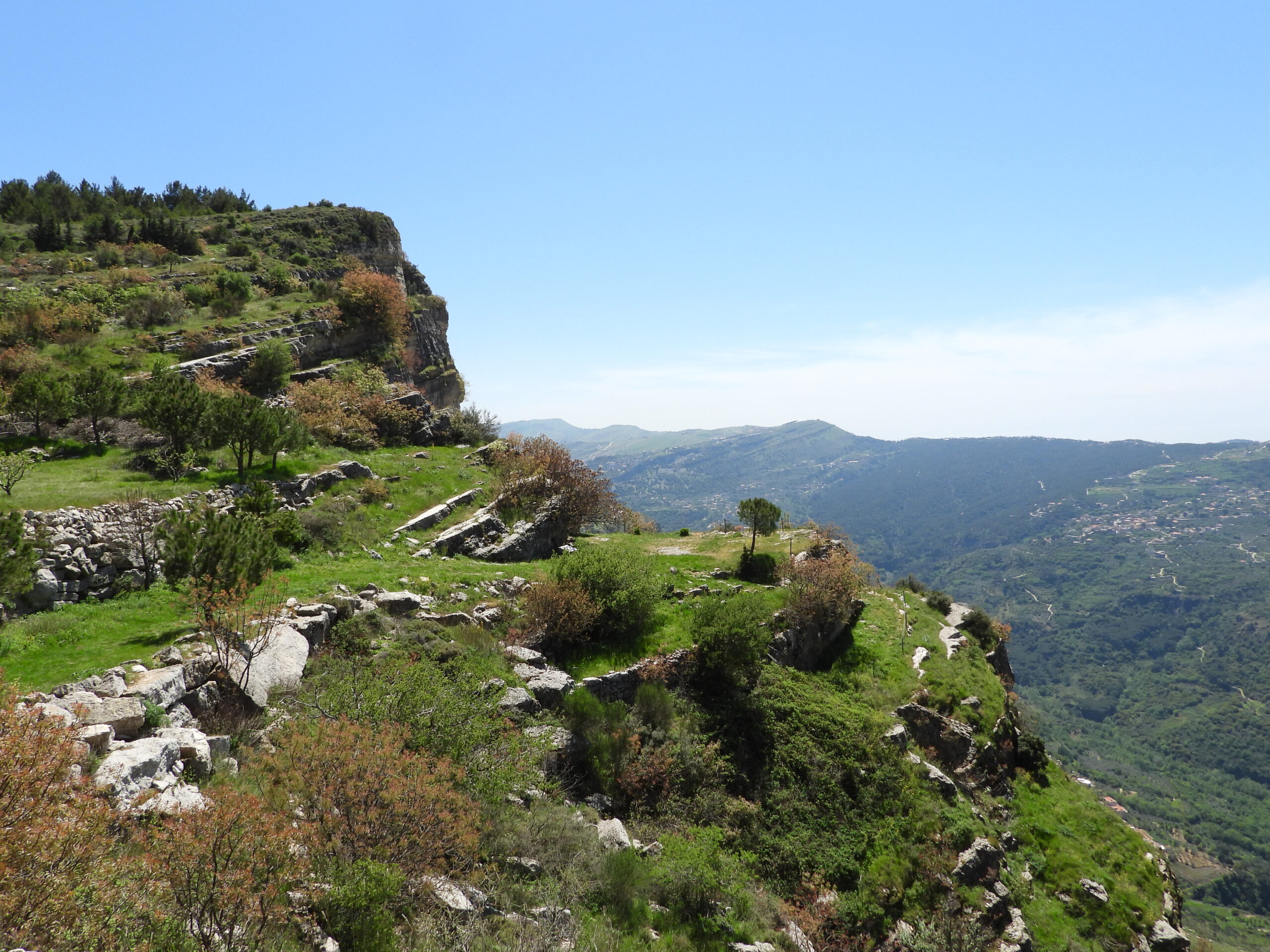Biodiversity
A heritage worth protecting, for the future of the planet and for ours.
Animals, plants, and microorganisms: the incredible variety of life on Earth is not just beautiful, it’s essential to our survival. Biodiversity provides us with food, medicine, and fuel. It purifies water and air, prevents soil
erosion, regulates the climate, and supports our cultural and spiritual well-being.
But the climate crisis, along with the enormous pressure we’re placing on the planet, is pushing this natural
wealth to the brink, undermining the quality of our lives: it’s a vicious cycle we urgently need to break.
Biodiversity is a resource we simply can’t live without, it’s our life insurance. Protecting it is a shared
responsibility, because we are part of it too.
erosion, regulates the climate, and supports our cultural and spiritual well-being.
But the climate crisis, along with the enormous pressure we’re placing on the planet, is pushing this natural
wealth to the brink, undermining the quality of our lives: it’s a vicious cycle we urgently need to break.
Biodiversity is a resource we simply can’t live without, it’s our life insurance. Protecting it is a shared
responsibility, because we are part of it too.
REFERENCE FRAMEWORK
SDG 14 “LIFE BELOW WATER” e 15 “LIFE ON LAND” UN Agenda 2030
How we protect biodiversity
We work to conserve species and ecosystems, restore degraded habitats, and improve ecological connectivity. We focus especially on fragile and threatened environments such as savannahs, coastal zones, wetlands, and forests, using innovative tools and technologies.
To reduce conflicts between humans and wildlife, we promote the shared management of natural resources and actively involve local communities in conservation efforts.
Our results in 2024
95k hectares
of sustainably managed savannahs in Tanzania
2300
mangroves planted in Mozambique
61 species
of animals and plants monitored in Italy
10K hectares
of protected marine and coastal areas in Thailand
Our work on habitats
Planning and management of protected areas, community forests, and sensitive habitats
Ecological restoration and reconnection of fragmented ecosystems
Education and awareness campaigns
Measures to reduce degradation of marine and agroforestry resources
Training for technicians, professionals, and local authorities
Action against illegal environmental activities
Our work on species
Research on species distribution, population status, and conservation needs
Control of allochthonous and invasive species
Monitoring and reintroduction of species with high conservation value
Solutions to improve human-wildlife coexistence and reduce conflict




